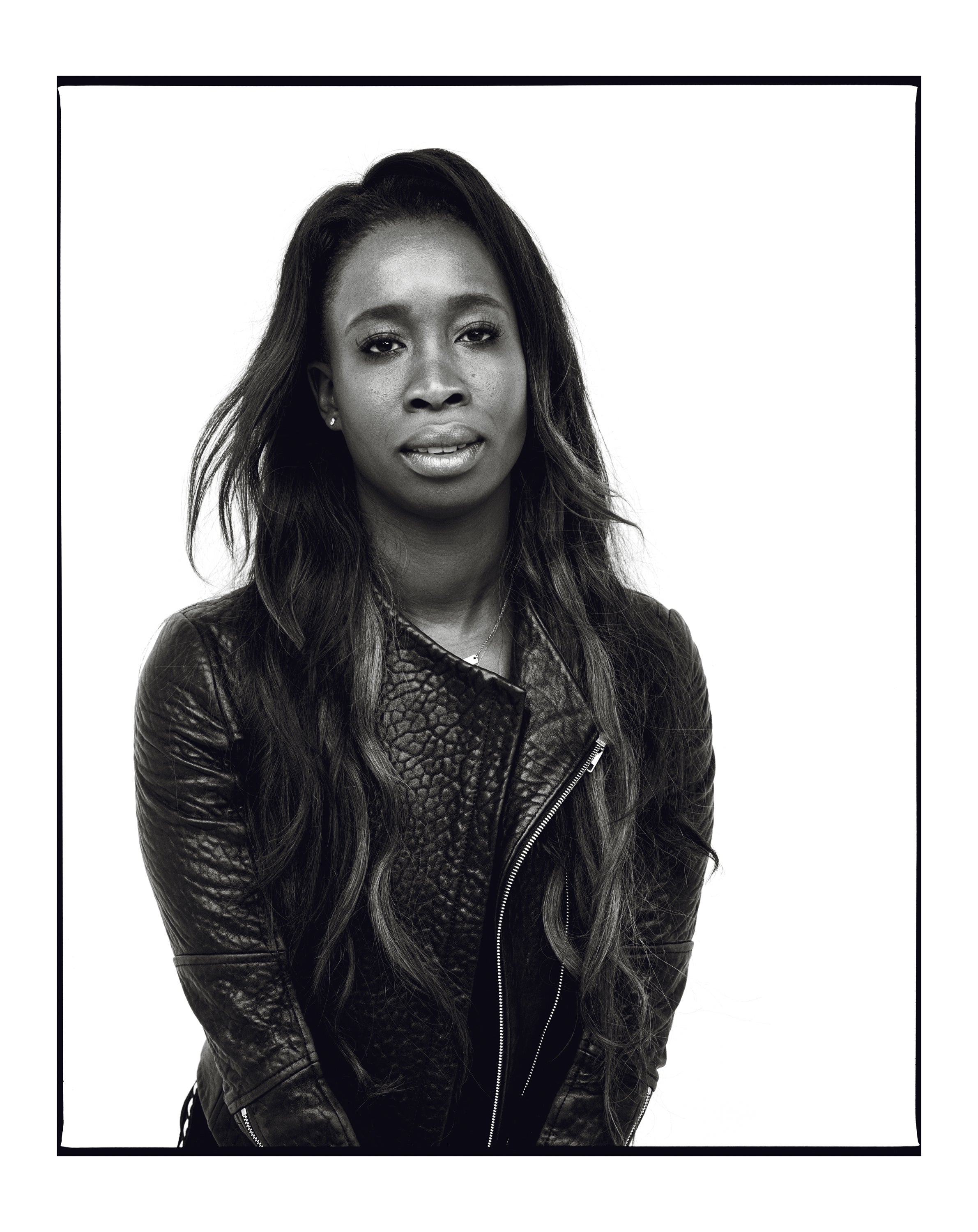
For Annie Jean-Baptiste, Google’s Global Product Inclusion Evangelist, a career in tech or engineering wasn’t necessarily the career path she planned. But at the behest of her brother, who previously interned at Google, and through her own research, Jean-Baptiste discovered there were numerous roles to explore at the technology giant, including engaging in philanthropy and strengthening inclusion practices. So the 30-year-old Boston native deviated from her original plan of becoming a pediatrician and applied for a job at Google, where she ultimately landed in the Global Business Organization as an account manager.
Now, eight years later, working in a traditionally homogenous, male-dominated industry, Jean-Baptiste is fighting to ensure Google’s products and workforce accurately reflect its diverse user base.
“My role is to make sure our products are inclusive for everyone and to make sure that everyone can see themselves in products such as Google Home and Pixel,” Jean-Baptiste tells ESSENCE. “As we know, there aren’t many women of color in tech. To be able to bring those different perspectives to our products is something I’m extremely passionate about. What success means to me is that we’re building for everyone across the globe.”
Jean-Baptiste is also taking actionable steps towards inclusion and diversity beyond Google. She is using her platform as an American Heart Association spokesperson and One Young World ambassador to empower communities of color in having equal access to the resources they need to live healthier lives. In addition, she’s helping people find resilience in the face of adversity through Sheryl Sandberg’s Option B campaign.
Despite more women like Jean-Baptiste having a long overdue seat at the tech company’s table, even she willingly admits to still being one of few women of color in the room making key decisions. Yet she rests her hope in the strides Google is making through its programs to serve underrepresented communities.
“We know that diverse teams make for better products and businesses,” says Jean-Baptiste. “It’s undeniable. People really understand that there needs to be more of us at Google, in the world and in tech in general. When you’re building for a diverse subset of users, you also need to have those users, from different backgrounds, ethnicities, ages and economic statuses, in the room — at every stage of the process. If you don’t, you risk alienating those users.”
In fact, Jean-Baptiste has seen drastic improvements in her eight-year tenure with the company. One core Google product she’s particularly passionate about is a program she and her team worked on for six years called Accelerate with Google, which was developed to help small business owners and entrepreneurs achieve success in the growing digital economy.







“We show you how to get online and help your customers find you, whether that’s through Google Ads or Analytics,” Jean-Baptiste explains. “Even if you go on YouTube, you’ll see different Google programming for a lot of specific Black and brown creators.”
Counting women such as neo-soul singer Erykah Badu, Vice President of Google Marian Croak and Uber’s Chief Brand Officer Bozoma Saint John, among the Black women she most admires, Jean-Baptiste still aspires to have more women of color smash through the barriers in tech, engineering, coding or in similar diversity positions like she currently holds.
“I would love to see more of us, obviously,” says Jean-Baptiste. “We are such an innovative and revolutionary people, and we bring wonderful ideas to the table. We’re the voices of change. I think our [women of color] clout and credibility will continue to grow as demographics shift in the U.S. and abroad. Tech companies have to understand and champion that inclusion and diversity.”






